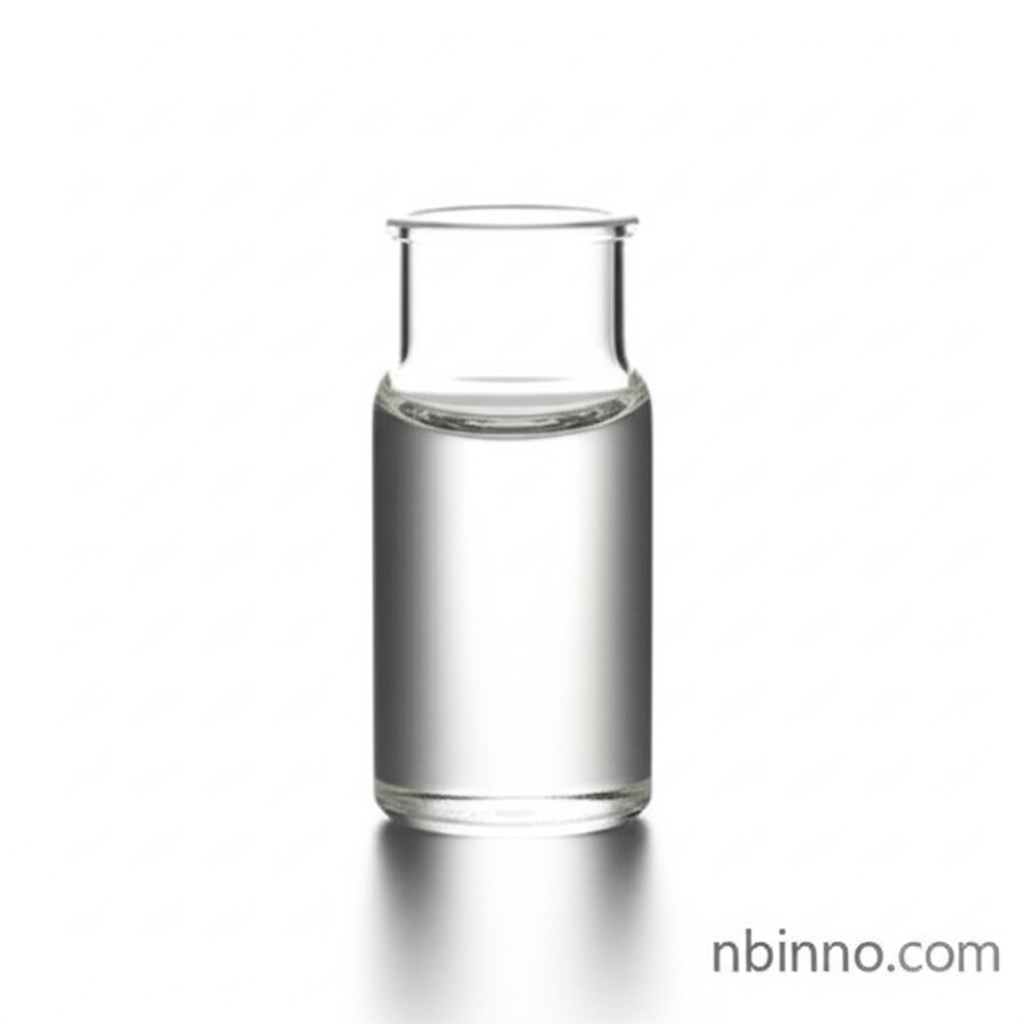Dioctyl Phosphate: A Versatile Chemical for Industrial Applications
Explore the comprehensive profile of Dioctyl Phosphate, from its chemical properties to its wide-ranging industrial uses.
Get a Quote & SampleProduct Core Value

Dioctyl Phosphate
Dioctyl Phosphate (CAS 298-07-7) is a valuable organophosphorus compound recognized for its multifaceted industrial applications. Its chemical structure and properties make it a sought-after material in various sectors, from chemical manufacturing to specialized material science. We offer high-purityDioctyl Phosphate for your research and production needs.
- Discover the key applications of Dioctyl Phosphate as a solvent and surfactant, essential for various formulations.
- Learn about Dioctyl Phosphate's role as a plasticizer, enhancing the flexibility and workability of polymers.
- Explore the use of Dioctyl Phosphate in solvent extraction technologies for critical metal recovery.
- Understand the corrosion inhibition properties of Dioctyl Phosphate, crucial for protecting metal surfaces.
Key Advantages
Versatile Functionality
Dioctyl Phosphate serves as an effective solvent, surfactant, and plasticizer, offering versatile solutions for diverse industrial requirements.
Metal Extraction Efficacy
Its ability to form stable complexes with metal ions makes Dioctyl Phosphate an excellent choice for solvent extraction processes in hydrometallurgy.
Corrosion Protection
As a corrosion inhibitor, Dioctyl Phosphate forms a protective film on metal surfaces, significantly reducing degradation in corrosive environments.
Key Applications
Solvent and Wetting Agent
Dioctyl Phosphate is utilized as a solvent and wetting agent, aiding in the dispersion and formulation of various chemical products.
Plasticizer for Polymers
Its plasticizing properties enhance the flexibility and processability of polymers, making it valuable in material science applications.
Metal Extraction
In hydrometallurgy, Dioctyl Phosphate is employed for the selective extraction and purification of critical metals from aqueous solutions.
Corrosion Inhibition
The compound's ability to form protective films makes it an effective corrosion inhibitor for metals and alloys in aggressive environments.
